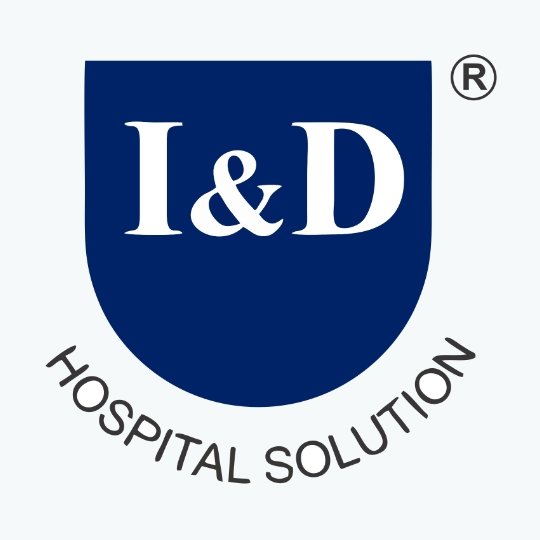Medical Loan

What Is a Medical Loan?
Medical loans are personal loans that can be used to fund medical procedures, medical debt reconciliations, optional surgical procedures, network fees or other medically related expenses not covered by the health insurance.
Medical loans can be unsecured personal loans, which means no collateral is needed. When borrowers try to assess your ability to repay the loan, applicants for these types of personal loans will focus primarily on factors such as your credit history and earnings.
Pros of Medical Loan:
Having a medical loan that helps you to handle your healthcare costs on a payment schedule can be a big step in helping you pay for medical services and avoiding the stress of worrying about payments and struggling to pay off procedures in one shot. There are a few advantages of paying for medical costs using a personal loan. You may be able to quickly access funds — and if you’ve had a medical emergency, this may be the most important factor. If you apply and are accepted, in a few business days, some lenders will send you the funds. Personal loans may also be cheaper to pay for your medical debt than using a conventional credit card. You can find personal loans with APRs as small as 6 percent or less if you have excellent credit. Because the average credit card APR is in the double digits, with a medical loan you can end up paying less interest.
Cons of Medical loan
Health loans can be an expensive choice for financing. While some borrowers will qualify for personal low-interest loans, applicants with lower-than-perfect credit records are likely to see much higher interest rates. You may end up paying a lot of interest over a number of years depending on the terms you apply for.
A health loan does not reduce the total value of what you pay. If you’re having trouble paying medical bills, explore options that might actually reduce the amount you’re required to pay.
Advantages of Taking Out a Medical Loan:
1-You can get the funds for your treatments much quicker than if you were waiting for insurers to determine whether or not something is covered.
2-Unsecured medical loans do not necessarily require you to have collateral.
3-A medical loan may not affect your credit report’s credit utilization ratio.
4-In some circumstances, medical loans can provide you with better financing options and rates than medical service provider funding.
5-Use your medical loan money to cover other medically related costs (e.g. extra living expenses during rehabilitation and treatment).
Situations Medical Loans Can Help With
Medical loans can be used to cover various medical costs which may not be covered in full by insurance, here are some common medical procedures and situations where medical loans may help:
- Cosmetic surgery
- Fertility treatments
- Orthodontics
- Weight loss related surgery, for example, bariatric procedures
- Consolidating Medical Debt
Examples of a Medical Loan Uses
Many people may also apply for a medical loan if they are not sure if a treatment will be covered (or fully covered) by their health care plan. For example, many health plans may not cover completely all procedures for plastic surgery, so a medical loan may be an alternative. Sometimes you may want to have a medical procedure for something that your insurer does not deem “medically necessary,” and that may cause you to have to cover the full or partial expense of some of the tests or treatments on your own.
How Do Medical Loans Work?
Medical loans are issued by various lenders and the application process is similar to applying for any type of credit, except that they may be more versatile in credit score criteria and past credit history than others depending on the borrower.Health loans ‘ drawback is that they may have high interest rates. Be sure to look at payment plans and health credit cards before you choose a medical loan.



